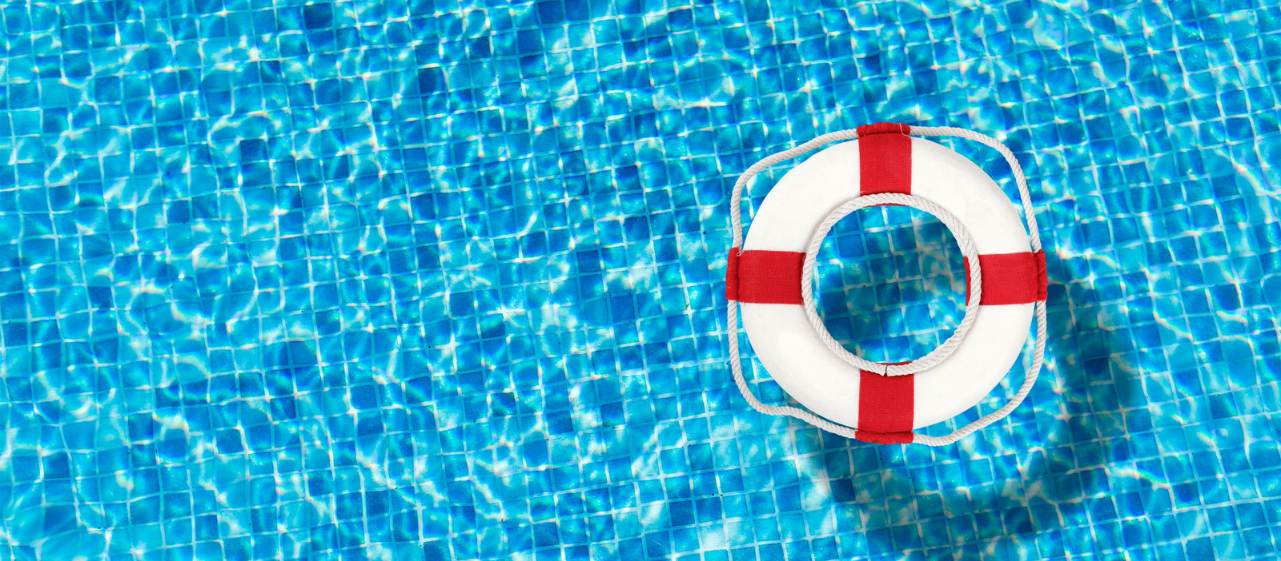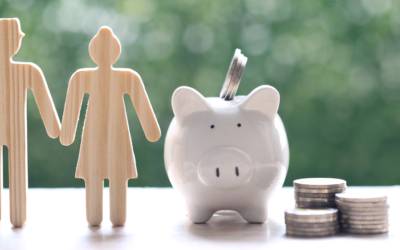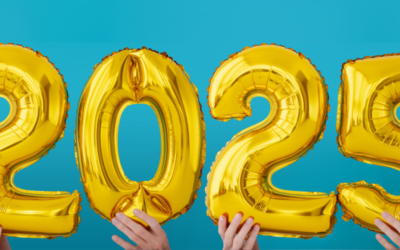How to Build an Emergency Fund
FAMILY FINANCES

We all know that the unexpected can happen at any time. But when it involves expenses you did not anticipate, are you prepared?
In a 2024 report by the Federal Reserve, 37 percent of adults would not have been able to cover a $400 emergency expense without having to borrow or sell something. Having an emergency fund can help you get through these moments without any long-term consequences, as well as help you maintain financial wellness. Here's how to build an emergency fund and when you should use it.
What is an Emergency Fund?
An emergency fund, or "rainy day fund", is money you set aside for unexpected life events such as a medical bill, a loss of income, home or car repairs, and other needs. The rule of thumb is your emergency fund should cover your basic expenses for three to six months. These funds should not be used as discretionary spending and should be set aside in a savings account.
In general, emergency savings can be used for large or small unplanned bills that are not part of your normal monthly expenses and spending. These extra funds provide peace of mind because you know you'll be able to handle an unplanned job loss or bill if you ever need to. Without one, you could face financial set backs, that turn into debt - potentially having a lasting impact.
How to Start an Emergency Fund
1. Determine how much money you'll need.
The amount you need to have in an emergency fund depends on your situation. If you haven't yet, create a monthly budget that shows all of your income and expenses. This will show you how much money you'll need each month to stay financially stable should an emergency happen. Then, multiply that monthly number by three to six months - this number is your money savings goal.
2. Identify how you want to build it.
Building a savings of any size is easier when you're able to consistently put money away. If you're not in a regular practice of saving, here are some healthy saving habits:
- Set a goal. Once you've determined how much money you'll need, set up goals. This can help you stay motivated. Use our financial calculator to calculate how much money you should save each month to reach your goal.
- Create a system for making consistent contributions. There are many different ways to save, but setting up reoccurring transfers or direct deposits is often one of the easiest methods. It may also be that you put aside a specific amount of cash every day, week, or month. Aim to make it a specific amount.
- Regularly monitor your progress. It's important to regularly check your savings. Whether it's an email or text notification or a monthly statement, watching your progress can offer gratification and encouragement to keep going.
- Celebrate. If you've hit your first goal, don't miss the chance to celebrate what you've accomplished. But most importantly, don't forget to set your next goal.

It's also important to remember that when the opportunity presents itself, you should take advantage of one-time opportunities to save. There may be certain times of the year - holidays, tax season, bonuses, and more - where you get an influx of money. While it's tempting to spend it, adding a portion of that money to your savings can help you quickly set up your emergency fund.
Where should I keep it?
Where you keep your emergency fund is up to you. You want it to be safe, accessible, and in a place you're not tempted to spend it for non-emergencies. Here are a few options, you can choose the one that makes the most sense for you:
- Bank account — If you have an account with a bank, this is generally considered the safest places to keep your money. It might make sense to have a dedicated account where you can keep and monitor your funds. JVB has a variety of Savings and Money Market Accounts to choose from and are happy to help you figure out which account is right for you.
- Prepaid Card — A prepaid card is a card you can load money onto that is not connected to a bank. You can only add and spend the amount that's on your card.
- Cash — The third option is keeping cash on hand for emergencies. But remember, cash can be lost, stolen, destroyed or easily spent on non-emergencies.
When should you use your emergency funds?
Before using your emergency fund, review your financial need to ensure you are making the right decision. Is the item essential? Is it urgent? Or, can you go without it for now? Not every unexpected expense is a dire emergency, but try to err on the side of caution. Having an emergency fund can help you avoid relying on other forms of credit or loans that can quickly turn into debt.
However, don't be afraid to use your savings if you need it. If you spend it, just work on building it back up.
Start Saving Today!
A great way to start your emergency fund is with a JVB Money Market Account. This account allows you to earn interest on any amount. Another option is a JVB idLock checking account, which gives you the added benefits of writing checks, pay bills, and the use of a Visa® Debit Card to pay for emergency expenses.
The content provided in this blog is for informational purposes only. Nothing stated is to be construed as financial or legal advice. Some products not offered by JVB. JVB does not endorse any third parties, including, but not limited to, referenced individuals, companies, organizations, products, blogs, or websites. JVB does not warrant any advice provided by third parties. JVB does not guarantee the accuracy or completeness of the information provided by third parties. JVB recommends that you seek the advice of a qualified financial, tax, legal, or other professional if you have questions.
Related Articles
Spend or Save Graduation Money
Spend or Save Graduation...
How to have a Great Summer Vacation – On a Budget
How to have a Great Summer...
How to Choose the Right Home for You
How to Choose the Right Home...
How Changes in Life Can Save You Money
How Changes in Your LIfe Can...
Roth IRA vs. Traditional IRA: Which is Right for You?
Roth IRA vs Traditional IRA:...
7 Tips to Help You Boost Your Retirement Savings
7 Tips to Help You Boose...
Protecting Seniors from Financial Abuse
Protecting Seniors from...
Financial Resolutions for the New Year
Financial Resolutions for...
10 Tips for Budgeting Your Holiday Season
10 Tips for Budgeting Your...









